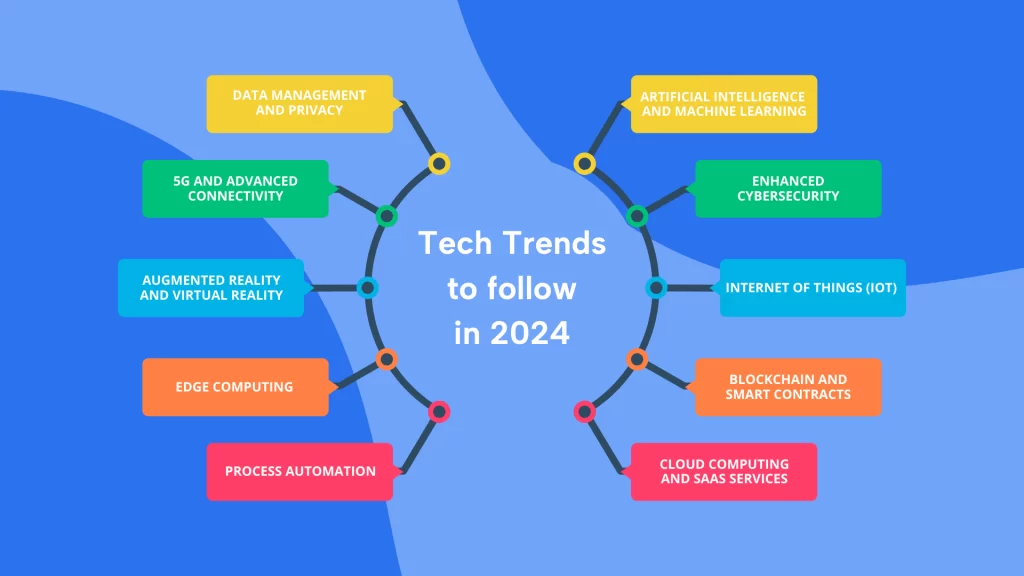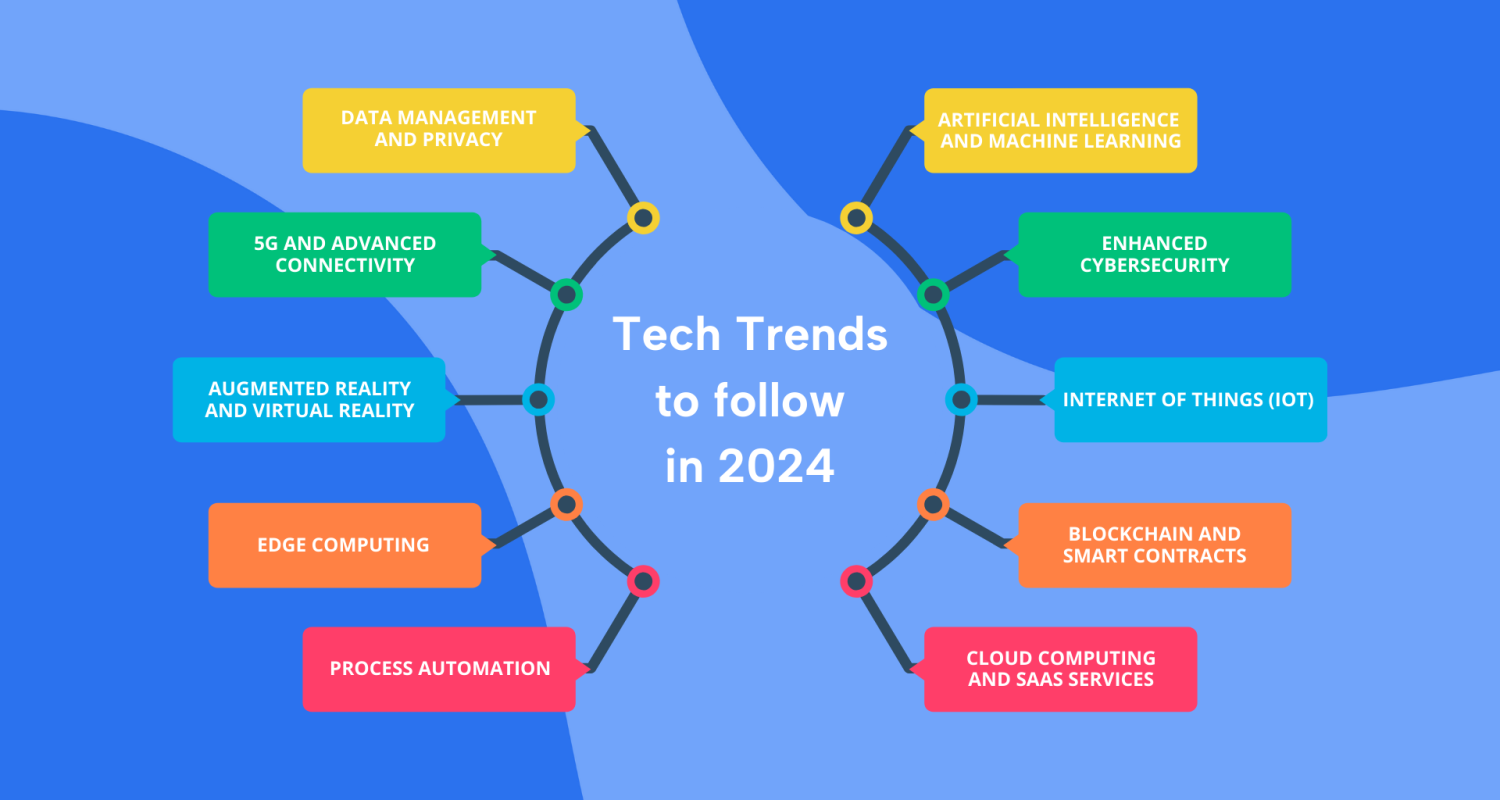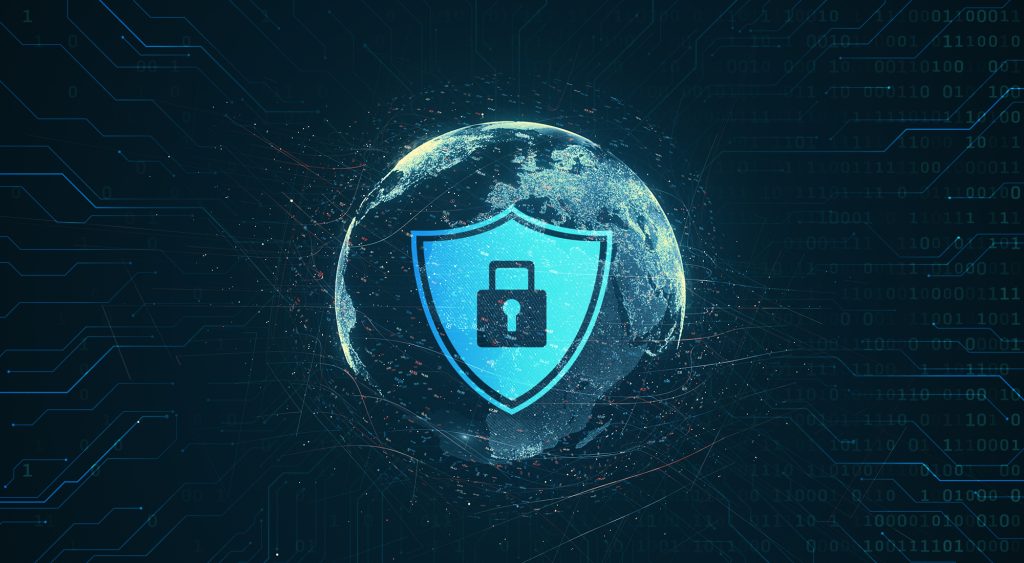
. Introduction to Cybersecurity in 2024
In recent years, the cybersecurity landscape has seen unprecedented growth. The increasing frequency and complexity of cyberattacks—ranging from ransomware to advanced persistent threats—have made cybersecurity a top priority for companies worldwide. By 2024, it’s estimated that global cybersecurity spending will reach record highs as organizations bolster their defenses. This heightened focus on security has opened up numerous career paths in cybersecurity, from technical roles in threat detection and incident response to strategic positions in risk assessment and compliance.
2. Emerging Cybersecurity Trends to Watch
As we look ahead, a few key trends are shaping the future of cybersecurity careers:
- Artificial Intelligence and Machine Learning Integration: AI and ML are becoming cornerstones in cybersecurity, assisting with faster threat detection, automated responses, and data analysis. This trend has given rise to specialized roles focused on integrating AI solutions into cybersecurity frameworks.
- Zero Trust Security Models: With increasing remote work and cloud adoption, zero-trust architecture has gained traction. This approach emphasizes strict identity verification and continuous monitoring, creating demand for experts who can design and implement these systems.
- Rise of Quantum Computing and Its Impact on Cryptography: Quantum computing presents both opportunities and challenges for cybersecurity, as it has the potential to break existing encryption standards. New roles focused on quantum-safe cryptography are emerging to counter these future threats.
- IoT and OT Security: As more IoT (Internet of Things) devices and operational technology (OT) systems are connected, they create new vulnerabilities. Protecting these devices from cyber threats requires unique expertise, fueling demand for professionals who specialize in IoT and OT security.
These trends signal an evolving field that requires cybersecurity professionals to stay current with both threats and technological advancements.
3. Future Jobs in Cybersecurity
As cybersecurity grows in importance, new roles are emerging to address the industry’s complexities. Here are some high-demand roles to expect in 2024 and beyond:
- Cybersecurity Data Scientist: Data scientists who specialize in cybersecurity use AI and ML to analyze vast amounts of data, identifying anomalies and predicting potential threats. This role combines cybersecurity expertise with data science and is ideal for individuals with a strong analytical mindset.
- Cloud Security Specialist: As cloud adoption grows, so does the need for cloud security. Cloud security specialists focus on securing cloud platforms, ensuring data protection, compliance, and identity management within cloud environments.
- Quantum Cryptography Analyst: With quantum computing on the horizon, the need for quantum-safe encryption is increasing. This role involves developing encryption methods that can withstand quantum attacks, making it highly specialized and forward-looking.
- IoT Security Specialist: IoT devices are notorious for their vulnerabilities. IoT security specialists work to secure these devices, creating protocols and strategies that protect interconnected devices from external threats.
- Threat Hunter: Threat hunters actively search for potential threats in an organization’s network. Unlike traditional cybersecurity analysts, threat hunters proactively seek out vulnerabilities, aiming to identify and address them before they become problems.
These emerging roles underscore the growing need for diverse expertise and specialization within cybersecurity.
4. Essential Skills for Cybersecurity Careers in 2024
In 2024, cybersecurity professionals need a balanced set of skills, including technical abilities and a strong understanding of risk management. Here are some of the critical skills needed for success in future cybersecurity roles:
- Programming and Scripting: Knowledge of languages such as Python, C++, and Java remains essential. These languages help professionals write scripts for automation, malware analysis, and vulnerability testing.
- Data Analysis and Machine Learning: As AI and machine learning are widely adopted, data analysis skills are becoming crucial. Cybersecurity professionals need to understand how to interpret large datasets, draw insights, and develop predictive models to counter threats.
- Cloud Security Knowledge: With cloud technology being central to most modern infrastructures, cloud security skills are increasingly valuable. Familiarity with platforms like AWS, Google Cloud, and Azure, along with an understanding of cloud-specific security practices, is essential.
- Threat Intelligence: Knowing how to gather, analyze, and use threat intelligence is crucial for preventing attacks. This skill involves researching trends, understanding attackers’ tactics, and implementing preventive measures.
- Regulatory Compliance: Cybersecurity professionals must stay current with global data protection regulations, such as GDPR and CCPA. Knowledge of compliance standards is especially relevant for roles in risk management and auditing.
This skill set prepares professionals for an array of roles within the cybersecurity field, equipping them to meet the demands of a complex, evolving industry

5. Important Certifications for 2024
Certifications remain a reliable way to demonstrate knowledge and build credibility in cybersecurity. Some essential certifications for cybersecurity professionals in 2024 include:
- Certified Information Systems Security Professional (CISSP): CISSP is a highly respected certification that covers risk management, compliance, and security operations. It’s often preferred for roles in security management and architecture.
- Certified Ethical Hacker (CEH): CEH focuses on penetration testing and vulnerability analysis, making it valuable for those who want hands-on roles in identifying security weaknesses.
- Certified Cloud Security Professional (CCSP): With the rise of cloud technology, CCSP is essential for cloud security professionals. It covers cloud architecture, governance, and security controls.
- CompTIA Cybersecurity Analyst (CySA+): CySA+ is ideal for individuals in threat detection and analysis roles, focusing on proactive security measures and analysis.
- Certified Information Security Manager (CISM): This certification is geared toward management and governance in cybersecurity, making it suitable for professionals aiming for leadership roles.
These certifications not only validate a professional’s skills but also make them more competitive in the job market.
6. Cybersecurity Job Market Outlook for 2024 and Beyond
The cybersecurity job market in 2024 is robust, with demand expected to outpace supply for years to come. As new cyber threats arise, organizations increasingly prioritize cybersecurity, making it one of the most recession-proof careers available. The U.S. Bureau of Labor Statistics projects cybersecurity jobs will grow at a faster-than-average rate, with roles expanding in both private and public sectors.
In addition, remote work has increased the need for robust cybersecurity measures. This has opened up opportunities for remote cybersecurity roles, allowing professionals to work from anywhere in the world. For those with niche expertise in areas like AI, IoT, and cloud security, the job outlook is especially strong, with high salaries and opportunities for growth.
7. How to Develop a Cybersecurity Career Path in 2024
Building a cybersecurity career requires a strategic approach, combining education, hands-on experience, and networking. Here are a few steps to help aspiring cybersecurity professionals navigate their career paths:
- Start with the Basics: Begin with foundational knowledge in networking, programming, and information security principles. Entry-level certifications such as CompTIA Security+ are helpful for gaining a solid base.
- Choose a Specialization: With so many niches in cybersecurity, it’s essential to choose an area that aligns with your interests, whether it’s penetration testing, cloud security, or risk management.
- Gain Practical Experience: Practical experience is invaluable in cybersecurity. Many employers prioritize hands-on experience, so internships, boot camps, and virtual labs can provide crucial learning opportunities.
- Stay Updated on Trends: Cybersecurity is constantly evolving. Regularly reading industry publications, attending conferences, and joining cybersecurity communities can help you stay informed and network with peers.
- Earn Advanced Certifications: As you progress, advanced certifications in your chosen specialty, such as CISSP or CISM, will strengthen your expertise and make you more competitive in the job market.
By following these steps, cybersecurity professionals can build a successful career path that aligns with their skills and interests.
8. Conclusion: Embracing the Future of Cybersecurity
Cybersecurity in 2024 is not just a career choice—it’s a field of continuous learning, high-impact work, and resilience. The industry’s future is bright, with emerging technologies and increasing digitalization creating new career paths and skill requirements. As cyber threats grow in sophistication, the need for skilled cybersecurity professionals will only intensify, offering stability and job security to those in the field.
For anyone interested in a challenging and rewarding career, cybersecurity offers opportunities to protect organizations, safeguard data, and contribute to global digital security. By understanding the emerging trends and acquiring essential skills, you can position yourself for a successful career in this ever-evolving industry.







